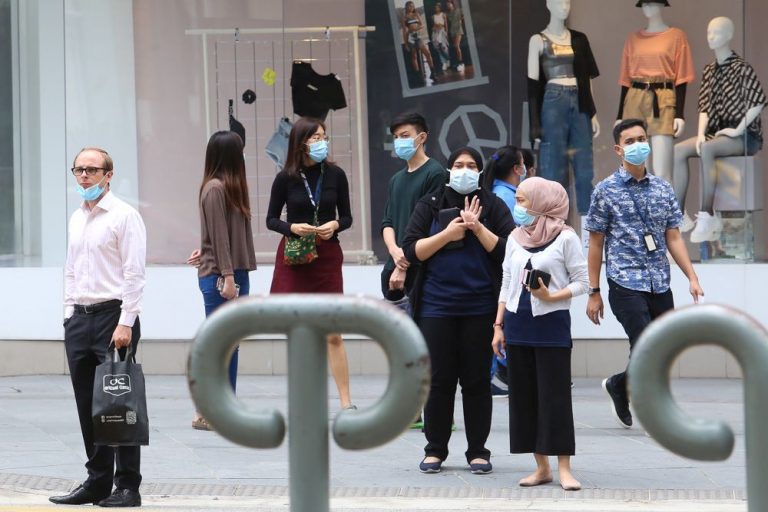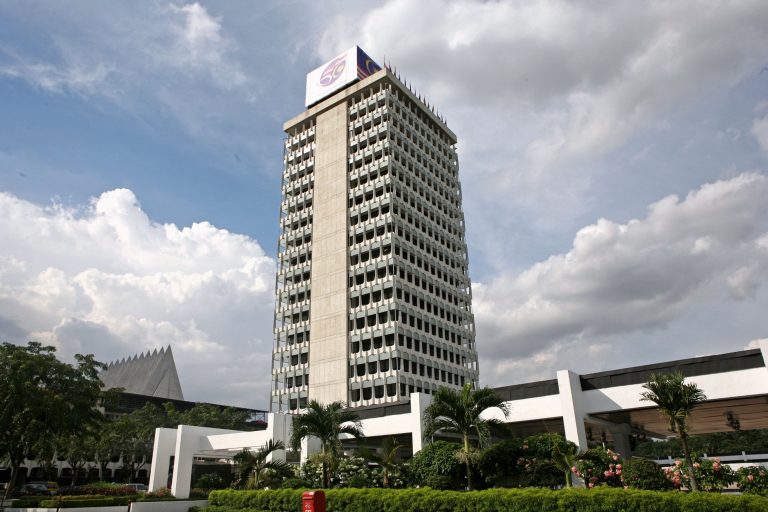Should low-paid workers get Covid-19 vaccine priority over the middle, upper class?

REFSA's Research Director Ivy Kwek expressed concern on how an uneven administration of vaccines could perpetuate inequality and suggests prioritisation of low-income groups and strengthening mobilisation of vaccination teams to the vulnerable communities.







